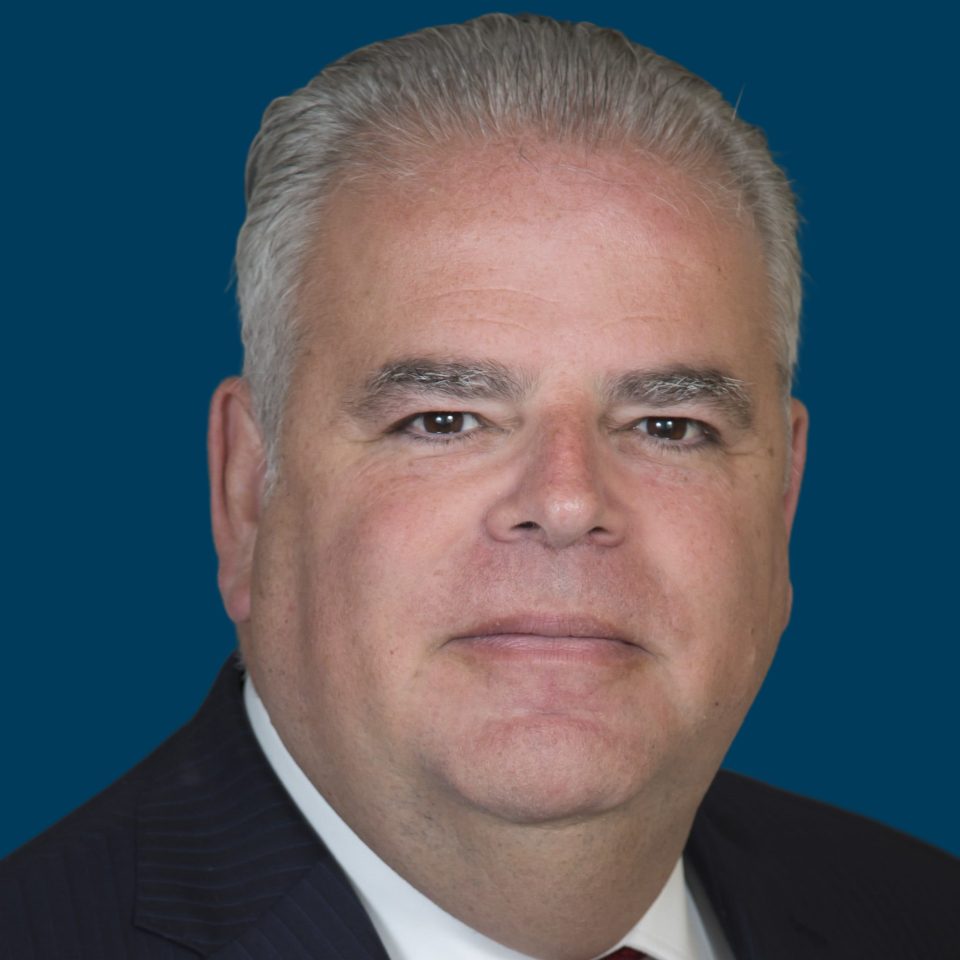The COVID pandemic that began four years ago altered wealth management forever as it changed office and work culture across the world. Today, Zoom calls are as common as phone calls and C-suite executives frequently live in different states from their firms’ headquarters. The move to remote work, as well as remote communications with clients, reversed to a degree with back-to-the-office and hybrid work initiatives, but remains strong within wealth management and beyond.
The impact of remote work on firms, advisors and other professionals is varied and complex. It provides both advantages and disadvantages for firms’ recruiting efforts, as well as for advisors. It can impact generations differently. We addressed these issues, plus the best way forward for firm recruiting, with human resources and compliance experts in wealth management.
A Recruiting Advantage With Drawbacks
According to Sander Ressler, Managing Director of Essential Edge, who is also Expert Columnist, Compliance & Regulatory Affairs at WSR, it is easier to recruit new employees into a remote work environment, but he cautions that “it comes with a price: Higher salaries, especially for those candidates with exceptional work experience. Candidates have more suitors so they can demand more from employers than when they were locked into a tight geographic border.”

Cecile V. Munoz, President of U.S. Executive Search & Consulting, agrees that “location neutrality does provide a competitive edge.” She also points out that employers can reach a broader pool of candidates, but points out potential downsides: “A dispersed workforce demands you invest in the resources and do the work to sustain a cohesive culture. And more people want to work together, at least a portion of the time.”
Will Briggs, SVP and Chief Human Resources Officer at Cambridge Investment Research, states that a remote work environment doesn’t necessarily make recruiting easier. “Certainly, a pool of candidates is very focused on securing fully remote opportunities. Some firms will take advantage of adding talent that way. But if that arrangement doesn’t align with your operational cadence, then it’s a strategy that will deliver inefficient results.”
Remote Difficulties
Briggs adds that remote work raises issues of culture and operations. “Nearly every firm in our industry began as an in-person enterprise and crafted a unique culture and operational cadence that defines the experience they provide.”
Ressler points out that remote employees need supervision and camaraderie, which aren’t always present. “Collaboration is diminished greatly in a remote work environment. Daily supervision is not practical. Identifying self-motivated and determined candidates in the interview process is difficult and often incorrect, which can lead to an expensive hire, train and fire circle.”
In a similar vein, Craig Bartlett, SVP of Advisors at Choreo, pointed out that remote workers must feel that they are part of a team. “Incorporating and implementing internal initiatives that foster collaboration and providing employees with the tools they need to connect with their teammates is critical to enhance engagement amongst teams.”
Salary Pressure
As mentioned by Ressler, one aspect of the move to remote work environments is an upwards pressure on wages as the pool of available talent is no longer localized.
Briggs points out that the labor market went through upheaval after the pandemic, which brought with it “pressure on wages as firms adjusted to a new paradigm.” However, the upward pressure on wages isn’t as strong as it was one or two years ago, according to Briggs.

Ressler says that this may cause problems for firms as they “are forced by salary constraints to accept more historically mediocre hires that have reached their professional ceilings. In addition, it is much harder to retain exceptional employees because they will leave to find the growth opportunity if their internal path is blocked.”
Bartlett doesn’t see rising wages as related to remote work, but as a general industry trend. “We hire talent that can broaden our approach to wealth management that supports our mission of helping clients translate wealth into fulfillment – whether that’s remote or in a hybrid setting.”
“There is upward pressure on skilled talent, period,” says Munoz. “We have a scarcity of the most valued resource, the only one to date that builds and holds the client relationships and knowledge we use to distinguish ourselves. That’s human capital, particularly among the Next Gen.”
Impacted Groups
“Talent in their first 10 years is greatly impacted,” says Munoz, pointing out that Next Gen remote workers can’t benefit from passive learning by being in the same room with more experienced professionals. Munoz also points out that managers lose the ability of “traditional tools to build the same connection, understanding and development previously used.”
According to Briggs, the impact on a particular group depends on the nature of their work, as well as organizational strategy – whether the firm is a collection of individuals or team-based.
Bartlett also looks at the nature of the work to determine impact: “Technical skills like data analytics are typically more easily incorporated into a remote environment.”
Impact On Advisors

Ressler says that remote work “impacts advisors by enhancing flexibility and work-life balance.” However, advisors may find it more difficult to maintain staff in the office or hire them at a reasonable rate. He also notes that advisors must learn to use technology and develop strategies to engage clients and colleagues remotely.
Briggs points to his firm’s hybrid workforce strategy and its flexibility as a way to provide responsiveness for advisors. “We are constantly measuring our ability to be responsive to our advisors and our workforce strategy is key to delivering on that commitment.”
“Advisors are great connectors of people and with people,” says Munoz. “Particularly in smaller firms, they depend on having a team that virtually can read each other’s mind, that jumps in to take the reins on things that need to be done. Trust is a big factor and something that is earned over time and much harder to do working remotely.”
Back To The Office Challenges
Munoz adds that firms that choose to send employees back to the office will face challenges across all generations and positions, including the C-suite. However, she points out that firms that hire primarily remote employees face challenges, too.
Bartlett agrees that there are difficulties for both approaches. “Finding out how to best support employees and the organization is an ongoing strategy that will continuously evolve,” he says.

The industry has already seen challenges to back-to-the-office movements, according to Ressler. “Larger, well-known firms began seeing mass exoduses of employees as they began requiring employees to return back to the office.”
Ressler advises firms that wish to follow this strategy to “clearly communicate the benefits of office work, offer hybrid options if possible, and highlight unique office-based perks.”
“Most in our industry understand that the best model is hybrid,” says Briggs. “The challenge becomes – how do we make the hybrid experience amazing and productive? It requires careful consideration of their experience in the office and at home. What we hear from our associates is they are really seeking flexibility.”
The Best Way Forward
With the pros, cons and nuances of remote environments, as well as hybrid and in-office settings, firms need to find the best way forward for recruiting skilled employees.
“The best firms are intentional yet opportunistic and can plainly and authentically present the employee value proposition,” says Briggs. “Everyone has a mission statement or core values, but the best firms can demonstrate how the candidate will actually see and experience the firm – and that’s how you become an employer of choice.”
Ressler points to proven HR profiling techniques to find employees who can function interpedently, advising firms to focus more on productivity than availability during certain timeframes.
Ressler also advises that firms use trips to emotionally tie employees to the home office to prevent isolation, which can cause productivity lapses.
According to Munoz, a firm must maintain clarity in its culture as it evolves, keeping it rooted in fundamental firm values. She also advises competitive compensation including equity and long-term incentives for all professionals, not just advisors, which will attract Next Gen talent.
Munoz concludes that investment “in training, recruiting, onboarding, developing and engaging talent across the organization” must be an imperative driven by the CEO.**
Julius Buchanan, Editor in Chief at Wealth Solutions Report, can be reached at jbuchanan@wealthsolutionsreport.com.














